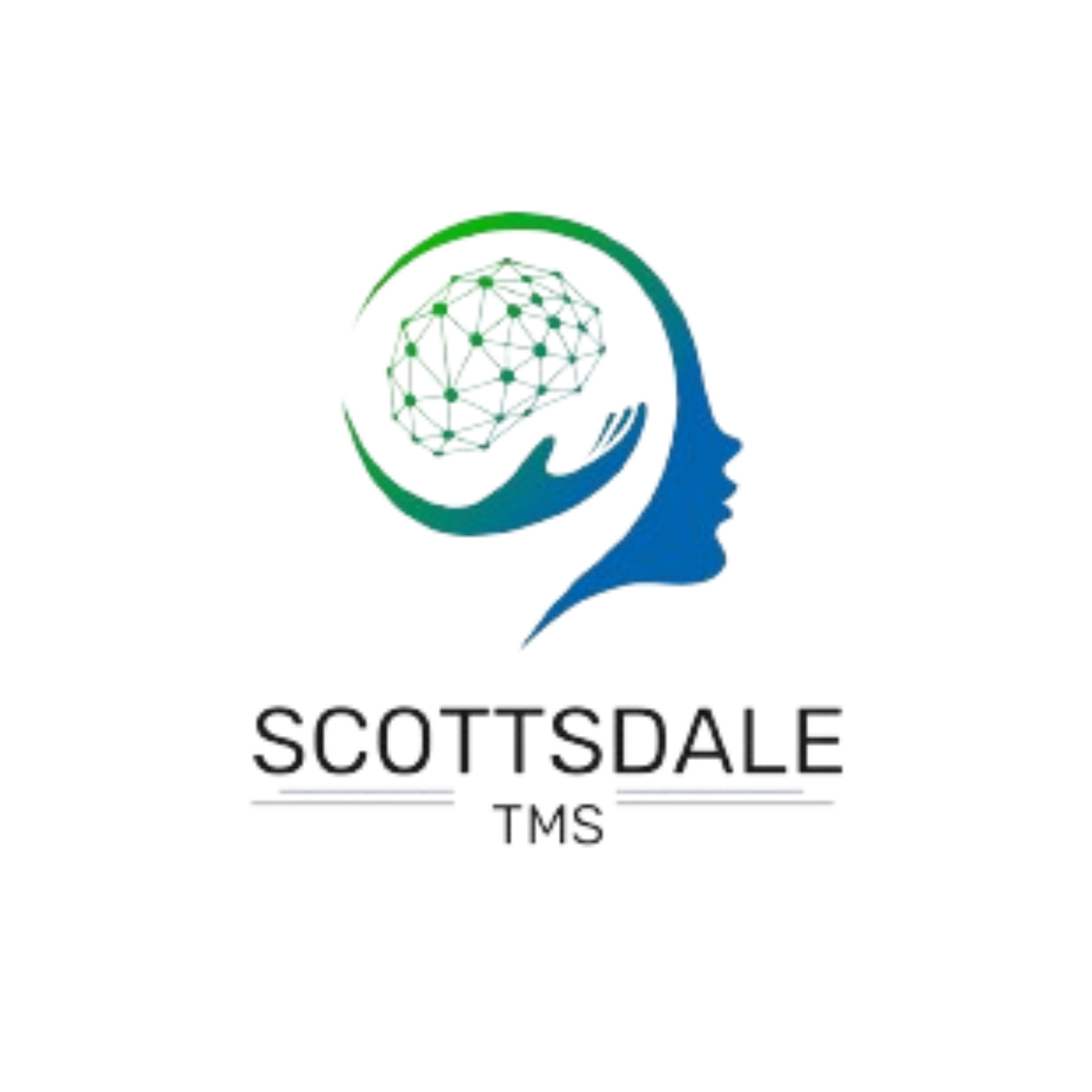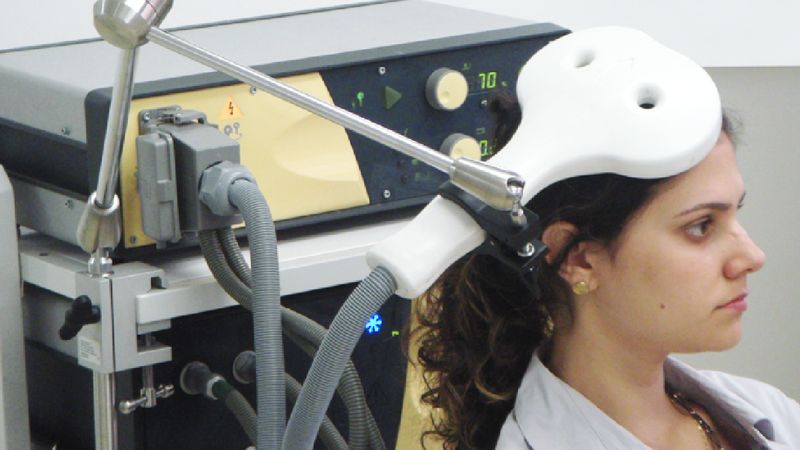Transcranial Magnetic Stimulation (TMS) technology offers a promising approach for individuals experiencing depression and other mental health conditions. By delivering targeted magnetic pulses, TMS works to stimulate specific areas of the brain. This helps improve mood and cognitive function without requiring invasive procedures.
This article will explain how TMS Tech operates and highlight the benefits of TMS therapy. It also provides a clear overview of what patients can expect during treatment using modern TMS technology and equipment.
Questions Answered in This Article:
Our Alcohol Addiction Treatment Programs

Scottsdale Rehab
Luxury Personalized Rehab

Hart Rehab
Holistic Luxury Personalized Rehab

Scottsdale Detox
Luxury Medical Detox
What is TMS Tech?
TMS Technology refers to the systems and devices used to deliver TMS therapy. These include specialized TMS machines and supporting TMS equipment designed to ensure precise and safe delivery of magnetic pulses to specific areas of the brain. The goal of TMS is to modulate brain activity in regions associated with mental illness, helping alleviate symptoms when other treatments may not be fully effective.
How Does TMS Technology Work?
During a typical TMS session, a mental health professional positions a coil on the patient’s head. This coil emits magnetic pulses that pass through the skull and stimulate neurons in the targeted brain area. Many patients report feeling a mild tapping or clicking sound, but the procedure is painless.
A typical TMS treatment plan includes multiple treatment sessions, usually conducted five times per week over four to six weeks. Each session lasts around 30–60 minutes, depending on the patient’s needs. Clinical studies show that repeated stimulation can help restore normal brain activity and improve mood, cognitive function, and overall mental health.
How TMS Works for Patients
TMS works by targeting specific brain regions involved in mood regulation. The magnetic pulses trigger brain stimulating effects that strengthen neural connections and improve communication between different parts of the brain. Over time, this can lead to improvements in depression symptoms and other mental health conditions.
What Are the Benefits of TMS Therapy?
TMS therapy provides multiple advantages for individuals with depression and other mental health conditions. From being noninvasive to delivering targeted brain stimulation, TMS technology solutions are designed to improve outcomes while minimizing side effects.
Noninvasive and Safe
TMS is a noninvasive procedure, which means it does not require surgery or anesthesia. It is one of the key advantages of TMS technology solutions. The Food and Drug Administration (FDA) approval of TMS for depression in the United States highlights its safety and effectiveness.
Effective for Resistant Conditions
Many people with major depressive disorder do not respond fully to medications or psychotherapy. Clinical TMS has proven effective in cases where traditional treatments have failed. Patients often experience relief from depression symptoms after completing a full course of therapy.
Targeted Brain Stimulation
TMS machines deliver highly focused magnetic pulses, allowing clinicians to target specific areas of the brain. This precision reduces the risk of side effects and maximizes the therapeutic benefits for mental health treatment.
Minimal Side Effects
Most patients experience only mild side effects, such as scalp discomfort or headaches. Unlike medications, TMS does not usually cause systemic side effects, making it a safer option for many individuals.
No Downtime
Patients can return to their daily activities immediately after each session. Unlike invasive procedures, there is no recovery period required, making it suitable for those with full-time work or other commitments.
Who Can Benefit from TMS Therapy?
TMS therapy is primarily used for people with major depressive disorder who have not found adequate relief from antidepressants. However, ongoing research shows TMS may also help with other mental health conditions, including anxiety disorders, PTSD, and OCD. A mental health professional can assess whether TMS is suitable based on individual history and treatment goals.
Advancements in TMS Technology
Modern TMS technology continues to evolve, offering more efficient and effective TMS machines and equipment. New approaches, like Deep TMS, allow stimulation of deeper brain regions, potentially improving outcomes for treatment-resistant cases. These TMS technology solutions represent an important advancement in patient-centered mental health treatment.
What Results Can You Expect from TMS Treatment?
Patients undergoing TMS treatment can expect the following outcomes:
- Improvement in mood and cognitive function over time
- Gradual reduction in depression symptoms
- Relief from anxiety or other targeted mental health conditions
- Minimal discomfort, often described as a tapping sensation or clicking sound
Throughout the process, clinicians monitor progress and adjust protocols to maximize therapeutic results over multiple treatment sessions.
Why TMS Tech Matters
The integration of TMS technology into mental health treatment offers a revolutionary option. It empowers patients to regain control of their mental health while minimizing side effects. By offering a noninvasive, targeted, and clinically approved approach, TMS therapy empowers patients to regain control of their mental health while minimizing side effects.
Whether used alone or alongside other interventions, TMS therapy represents a significant step forward in patient care for those struggling with depression symptoms and other mental health conditions.

